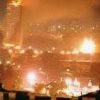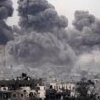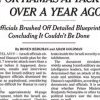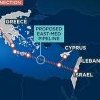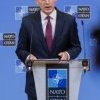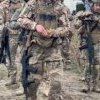Manlio Dinucci
Geographer and geopolitical scientist. His latest books are Laboratorio di geografia, Zanichelli 2014 ; Diario di viaggio, Zanichelli 2017 ; L’arte della guerra / Annali della strategia Usa/Nato 1990-2016, Zambon 2016. Guerra nucleare. Il giorno prima. Da Hiroshima a oggi: chi e come ci porta alla catastrofe, Zambon 2017; Diario di guerra. Escalation verso la catastrofe (2016 - 2018), Asterios Editores 2018.
3398 articles
français
italiano
Español
English
Português
Deutsch
عربي
русский
ελληνικά
فارسى
Türkçe
polski
čeština
Nederlands
norsk
română
中文
日本語
suomi
Հայերեն

